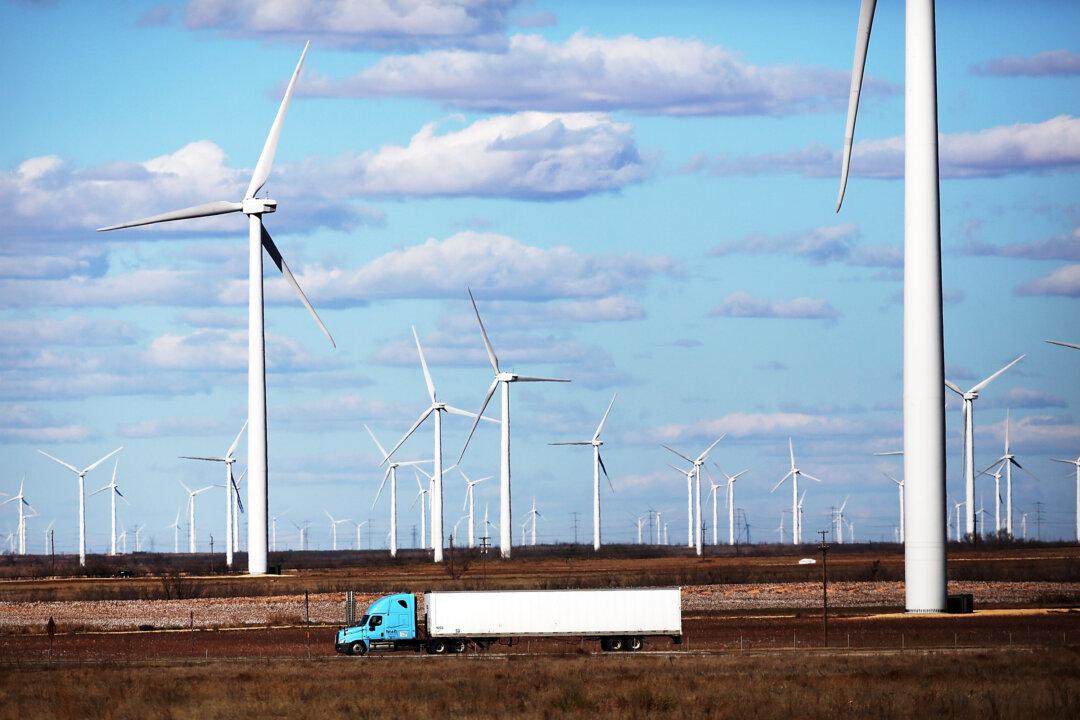Texas is moving ahead with legislation aimed at keeping hostile countries out of the state’s critical infrastructure.
The Lone Star Infrastructure Protection Act was passed by unanimous vote by the Texas Senate on April 26. The legislation, introduced by Republican State Senator Donna Campbell, would ban individuals or companies connected with China, Iran, North Korea, Russia from entering into contracts relating to the state’s critical infrastructure.




